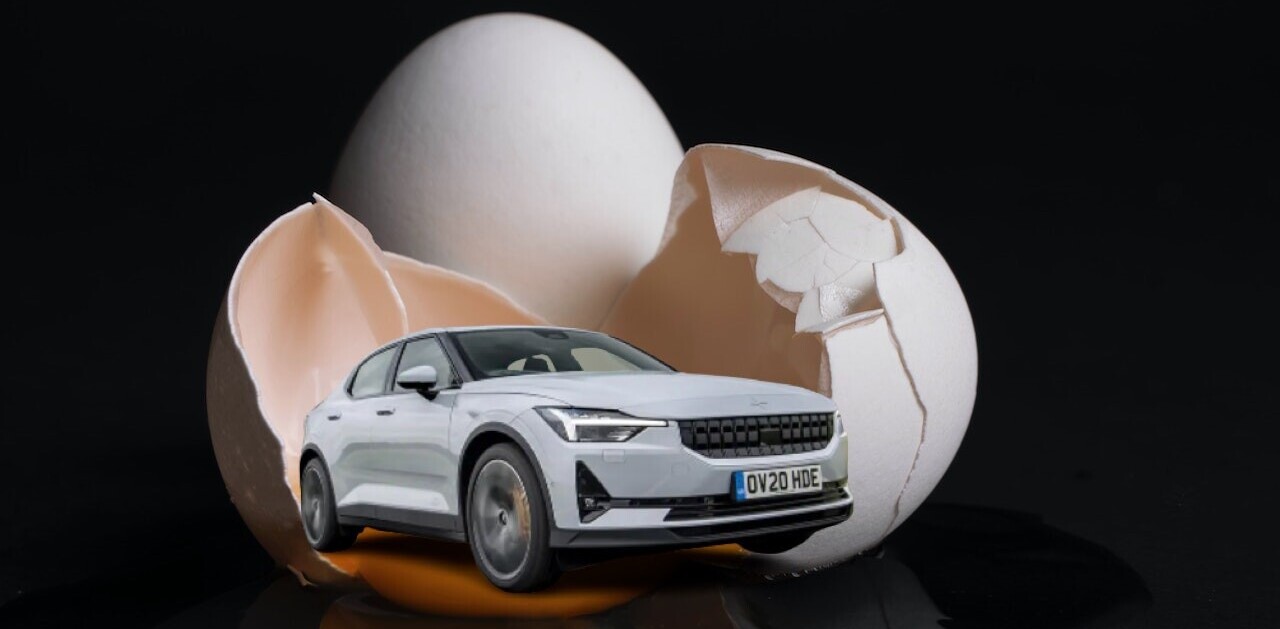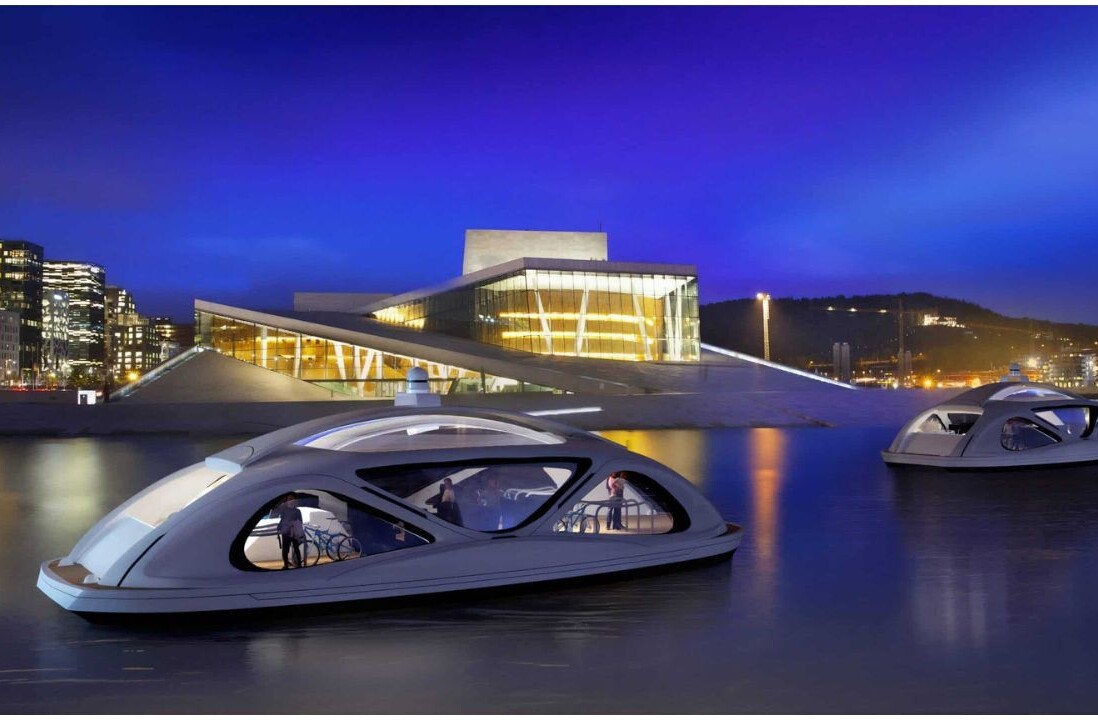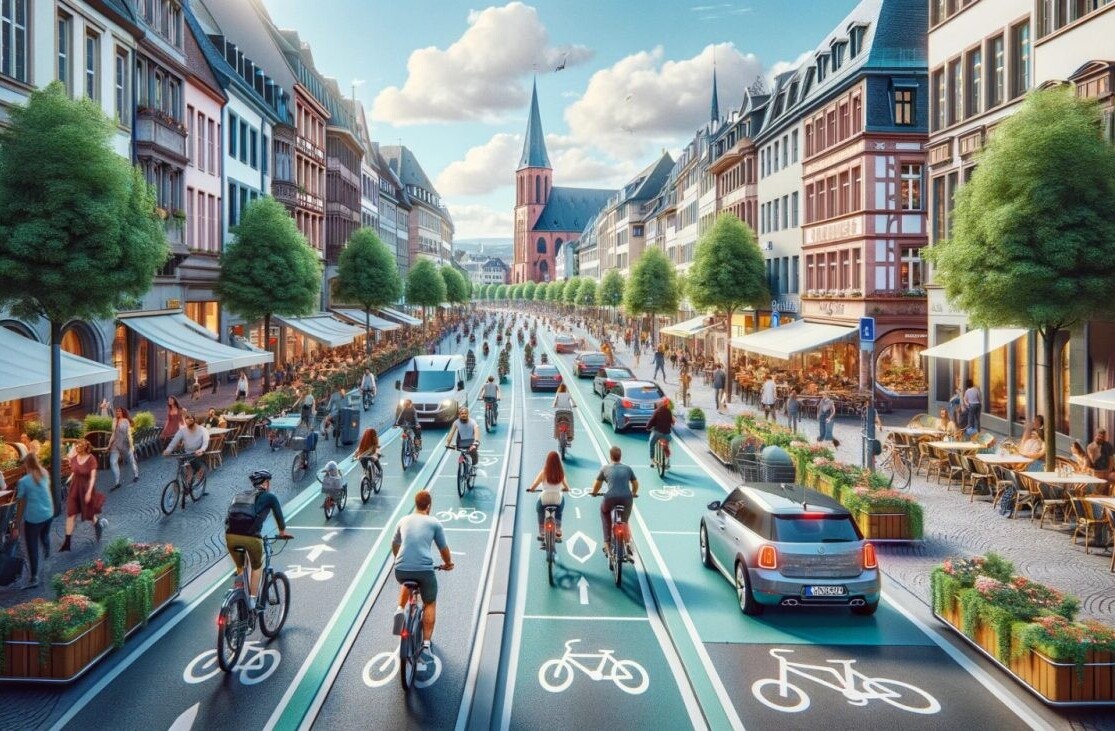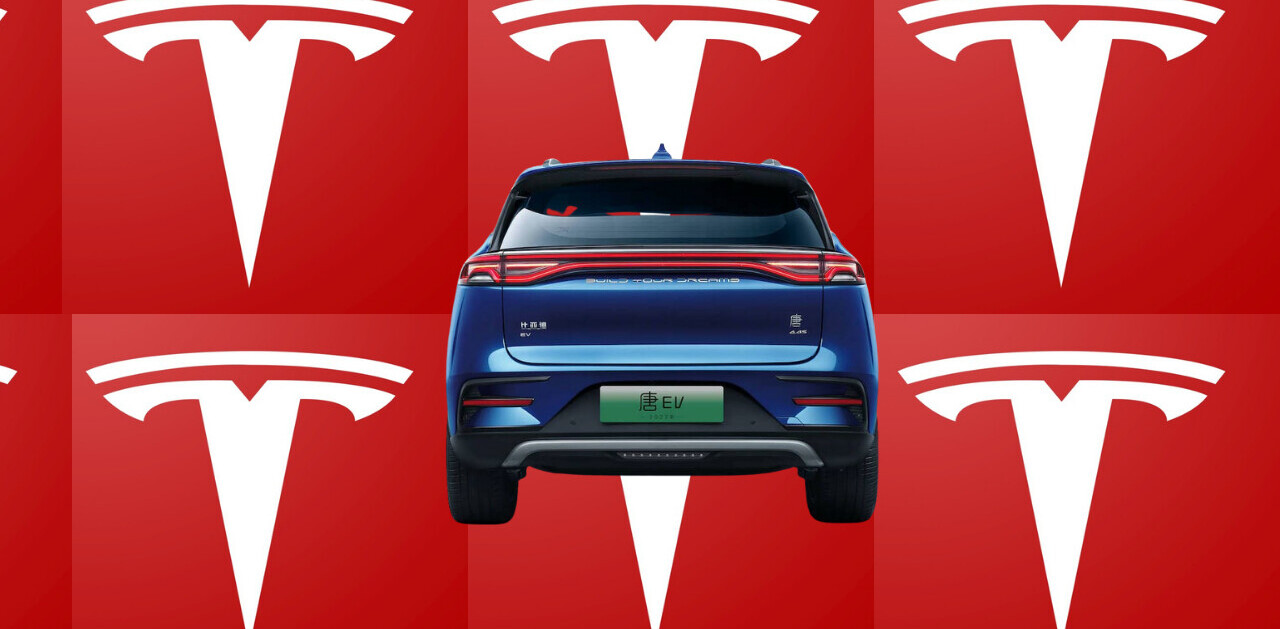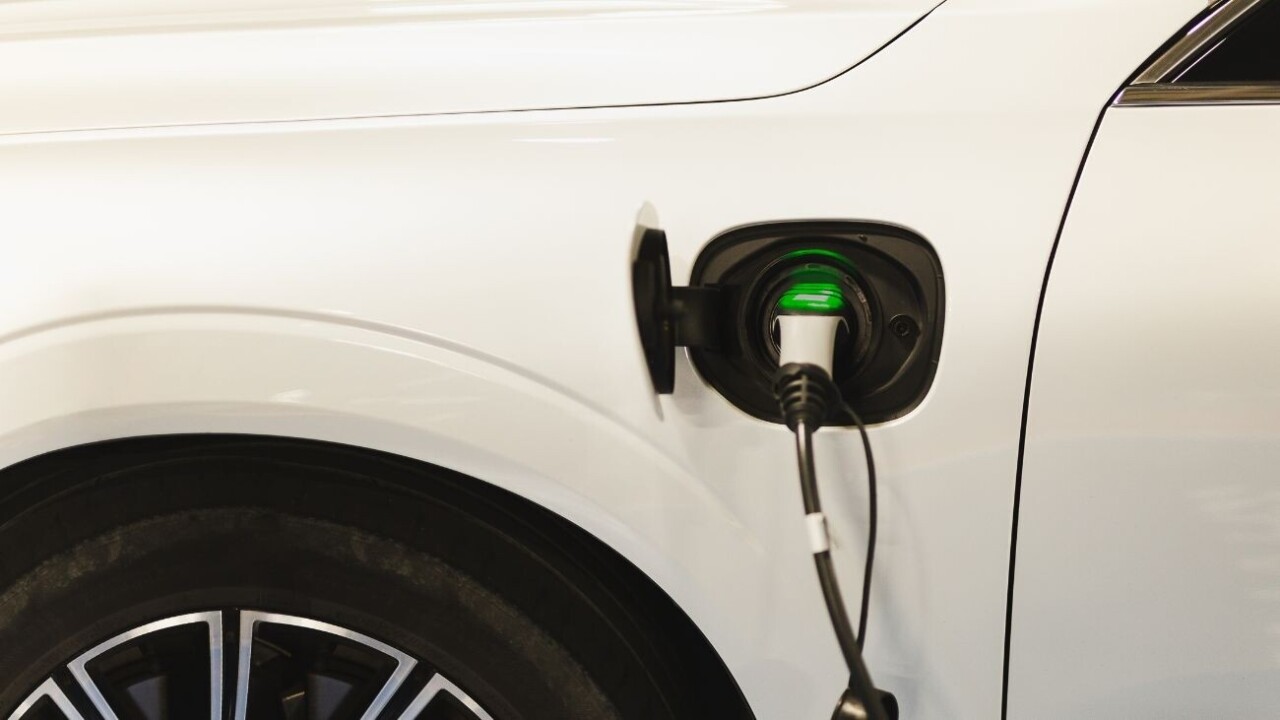
French car battery startup Verkor has secured €2bn to build its first manufacturing plant in France, at a time when Chinese competitors are rapidly gaining market share in Europe.
The funding round includes €650mn in French subsidies, a sizeable level of state support indicative of the government’s commitment to boosting local production of lithium-ion batteries — the beating hearts of electric cars.
Construction of the mega-factory will kick off next month and is expected to create 1,200 jobs in the region. Verkor predicts the plant will be able to equip 200,000-300,000 electric cars a year once it enters operations, scheduled for 2025.
“We are working hard to make sure these batteries can be more competitive in terms of costs,” Verkor CEO Benoit Lemaignan told Bloomberg. “We want our clients to be able to sell affordable cars. There is an increasing awareness that Europe needs a local battery ecosystem.”
Verkor now joins the ranks of several notable European battery startups like Northvolt, ACC, and Freyr who are pushing to build a strong domestic supply chain in the face of rising competition from China.
However, despite EU-wide efforts to cut reliance on foreign imports of key technologies, six of the world’s top 10 EV battery producers are Chinese companies (like CATL, BYD, and Gotion) which have a combined 63% share of the market. Just yesterday, Volkswagen-backed Gotion announced it has started making lithium-ion batteries at its new gigafactory in Gottingen, Germany, with plans to ramp up production to 5GWh by mid-2024.
The carrot or the stick?
EU officials have long worried that too much reliance on a single supplier for key technologies makes them vulnerable to supply chain shocks and geopolitical risks.
A new paper prepared for EU officials and leaked to Reuters this week added weight to these concerns, warning that the bloc could become as dependent on China for lithium-ion batteries and fuel cells by 2030 as it was on Russia for energy before the war in Ukraine.
And it’s not just batteries where China is storming ahead. The Asian powerhouse is dominating the production of everything from solar panels to semiconductors and is even rubbing shoulders with Europe’s beloved car brands. China’s share of electric cars sold in Europe has risen to 8% and could reach 15% in 2025.
The EU is so concerned about China’s rising market share in EVs that it launched an investigation last week on whether to impose punitive tariffs to protect local producers against cheaper Chinese imports.
“Global markets are now flooded with cheaper electric cars. And their price is kept artificially low by huge state subsidies,” said European Commission President Ursula von der Leyen.
French President Emmanuel Macron has been calling for such an investigation for months and welcomed the news with open arms. However, Beijing called the probe “protectionist” and warned it would damage economic relations, a concern shared by some in Europe’s car industry.
Mercedes Benz said protectionist measures were counterproductive while Bosch said a race for punitive tariffs and trade barriers would only have “losers”. For many automakers, China is a partner, not a competitor.
Germany’s VDA auto association added that the EU must take into account a possible backlash from China and focus on creating the conditions for European players to succeed — from lowering electricity prices to reducing bureaucratic hurdles.
The same could be said for the batteries that power these cars. A report released earlier this year by the campaign group Transport & Environment (T&E) suggests that Europe has the potential to meet its EV and energy storage demands without any Chinese imports by 2027 — as long as it boosts subsidies and support for local manufacturers.
“Europe needs the financial firepower to support its green industries in the global race with America and China,” said Julia Poliscanova, senior director for vehicles and e-mobility at T&E.
Whether the EU will take the carrot or the stick approach to the increasing perceived threat from China is unclear at this point. But with the green transition more urgent than ever, it would perhaps be wiser to build bridges with the world’s largest tech manufacturer than break them.
Get the TNW newsletter
Get the most important tech news in your inbox each week.
